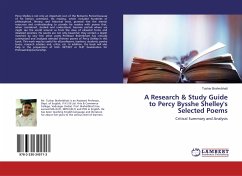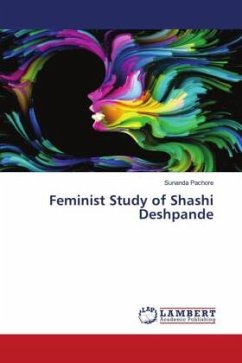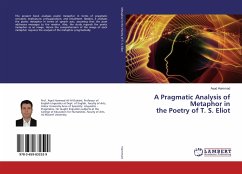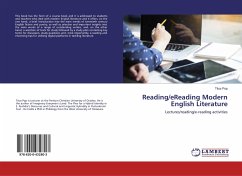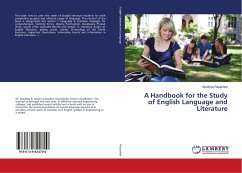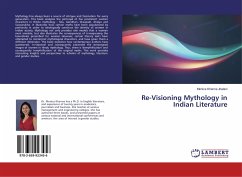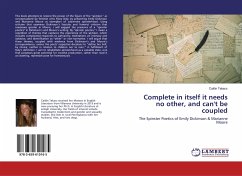
Complete in itself it needs no other, and can't be coupled
The Spinster Poetics of Emily Dickinson & Marianne Moore
Versandkostenfrei!
Versandfertig in 6-10 Tagen
36,99 €
inkl. MwSt.

PAYBACK Punkte
18 °P sammeln!
This book attempts to restore the power of the figure of the "spinster," as conceptualized by feminist critic Mary Daly, by presenting Emily Dickinson and Marianne Moore as exemplars of subversive spinsterhood. Using criticism that examines Dickinson's fascicles and feminist criticism that reassesses gender in Moore, I will suggest the presence of a "spinster poetics" in Dickinson's and Moore's writing. By "spinster poetics," I mean a repetition of themes that captures the experience of the spinster, which includes complicated responses to patriarchy, meditations on intimacy and isolation, and...
This book attempts to restore the power of the figure of the "spinster," as conceptualized by feminist critic Mary Daly, by presenting Emily Dickinson and Marianne Moore as exemplars of subversive spinsterhood. Using criticism that examines Dickinson's fascicles and feminist criticism that reassesses gender in Moore, I will suggest the presence of a "spinster poetics" in Dickinson's and Moore's writing. By "spinster poetics," I mean a repetition of themes that captures the experience of the spinster, which includes complicated responses to patriarchy, meditations on intimacy and isolation, and identification as "other" or non-normative. I will argue that these themes, coupled with evidence from Dickinson's and Moore's correspondence, evince the poets' respective decisions to "define her Self, by choice, neither in relation to children nor to men," in fulfillment of Daly's definition. I aim to rehabilitate spinsterhood as a valuable state, one that possesses great potential for creative production, rather than read it as closeting, repressive pose for homosexuals.




